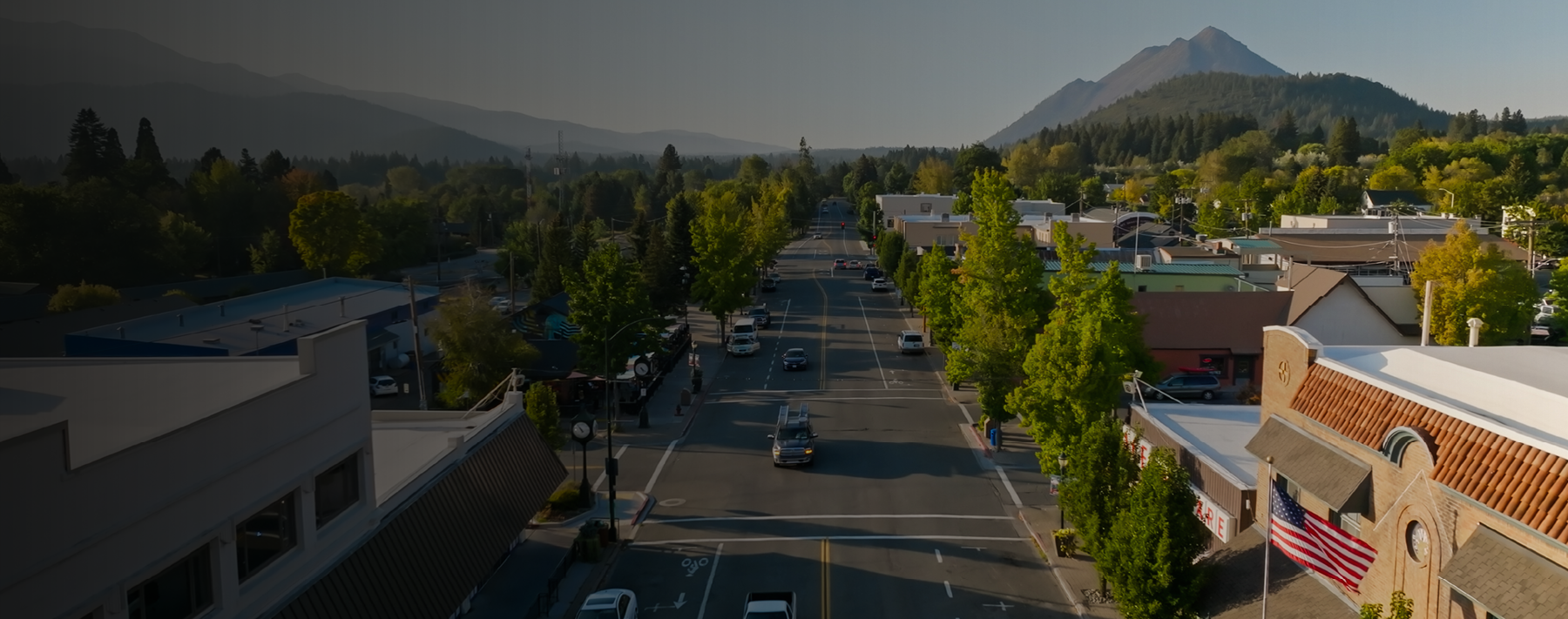For more than three months, protests against law enforcement have rocked communities across the United States. Coupled with the COVID-19 pandemic, civil unrest has thrown law enforcement officers into a time of chaos. To cope with rapidly changing circumstances, extra shifts and strained relationships with family and friends who have turned against law enforcement, officers – and their agencies – need to develop resilience. Resilience can be defined as the actions you take to build up your physical, psychological and emotional strength before you are thrust into difficult situations.
It is vital to incorporate ongoing practices into your life and the life of your agency to promote this type of growth. Resilience on an agency level starts with leadership. Two aspects of resilience that are tied to culture are a strong sense of mission and an understanding and focus on your sphere of control.
A Shared Sense of Purpose
One of the cornerstones of resilience that needs to be built into agency culture is a strong mission. “Law enforcement has a shared sense of purpose, but each probably has their own way of defining it,” says Mike Taigman, a resiliency and stress management expert with FirstWatch who works with first responders. “Gaining an understanding of your own deep-seated mission can help you hold onto it when things become difficult.”
“Divest yourself from the things that you cannot personally influence in a positive way.”
When the mission of law enforcement is eroded, it “undermines the resilience of the people on the front lines who rely on that sense of mission and purpose,” Dr. David Black, CEO and founder of Cordico, says. Right now, when law enforcement officers are being vilified in many areas of the country, leaders must reinforce the importance of the core mission – protecting and serving the community – on every level. Officers should also take action: If you are questioning your mission and your values, says Brian Casey, a sergeant with the St. Paul (MN) Police Department, “seek good counsel and express your distress to them. Don’t go about any disillusionment you’re having passively.” Actively seeking out peers and supervisors can reinforce your sense of purpose and help you build a healthy response to stress, which will in turn create a culture of resilience within your law enforcement agency.
Sphere of Control
In law enforcement, there will be many things outside of an individual’s – or even an agency’s – control. Black and Taigman stress the importance of placing emphasis on things within our control to limit frustration and foster an agency-wide culture of resilience. While we may care deeply about the things we cannot control, expending our limited energy on those things will only further drain our capacity.
“Focus all of your effort, attention and energy on your sphere of control – the more you’re able to do that, the more mentally tough and strong you’ll be during these difficult times,” Black says. “Divest yourself from the things that you cannot personally influence in a positive way.” He also recommends investing energy away from the job by prioritizing your family, your health, and personal hobbies or interests that help to provide a greater sense of purpose outside the job.
Leaders should stress the internal locus of control and lead by example to influence the entire agency and build up each officer’s resilience.
Being Present During Chaos
Ultimately, to create a culture of resilience in law enforcement, being present is key. Leadership must be involved alongside their officers to serve as a source of encouragement and a reminder of your shared purpose to “mitigate the ongoing harm in the moment,” Casey explains. When leadership sends a consistent message of support, individual and agency response to crises will improve, leading to an agency that thrives.
While the prevalent culture of strength in law enforcement is effective for the mission, it can hinder officers’ ability to ask for help when they need it. To learn more about how law enforcement officers can build and maintain resilience through peer support, counseling and more, view our on-demand webinar “Serving Amid Chaos: Taking Care of Your Community, Colleagues and Self.”
Check out these related resources:
- Super-Charge Your Stress Management in the Age of COVID-19 by Mike Taigman
- Good Cop, Good Cop: A Get Healthy, Stay Healthy Guide for Law Enforcement by Sgt. Brian Casey
- CordicoShield: Customized Officer Wellness Apps
- Mindful Responder: The First Responder’s Field Guide to Improved Resilience, Fulfillment, Presence, & Fitness–On & Off the Job by Crawford Coates



